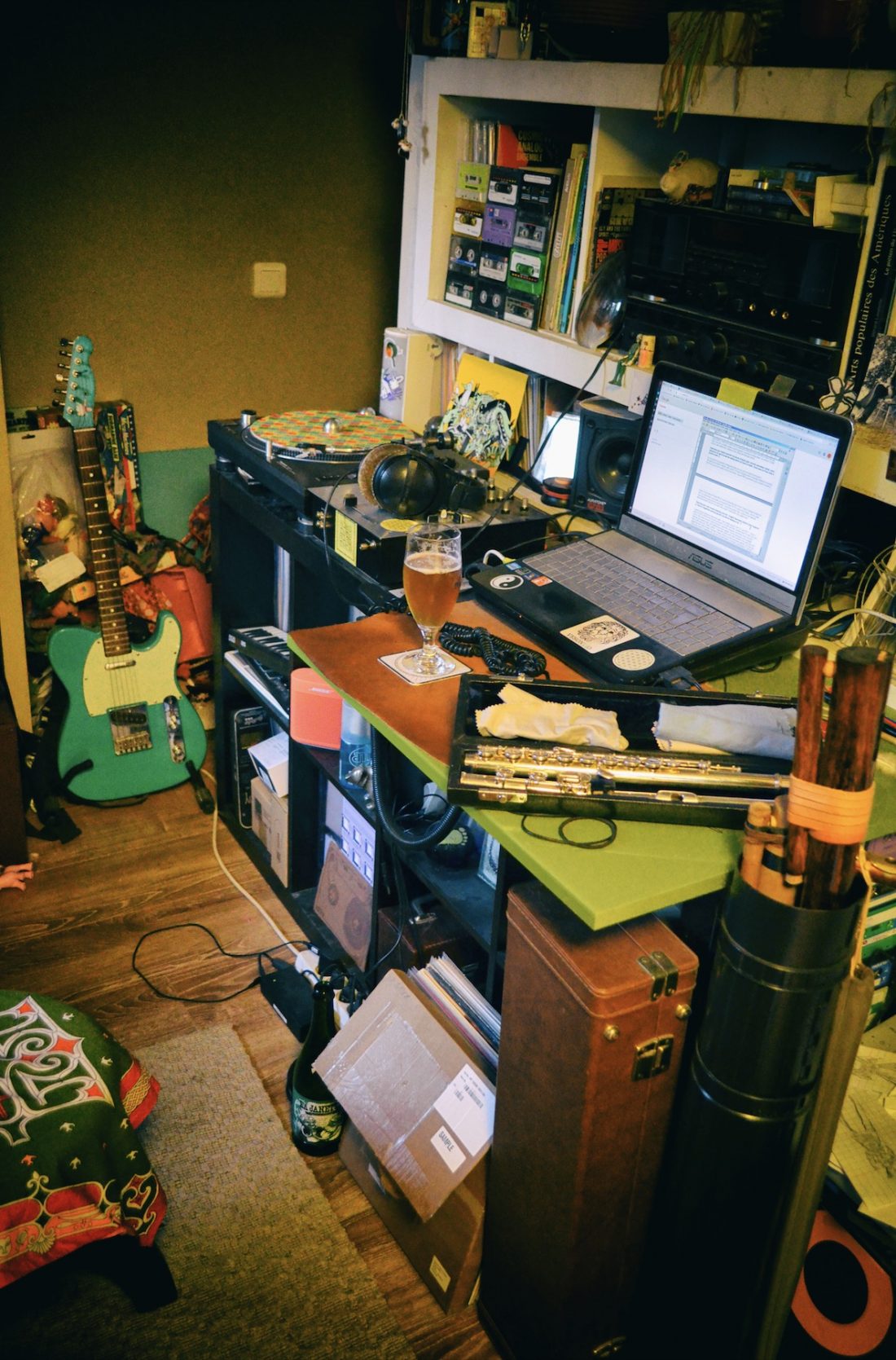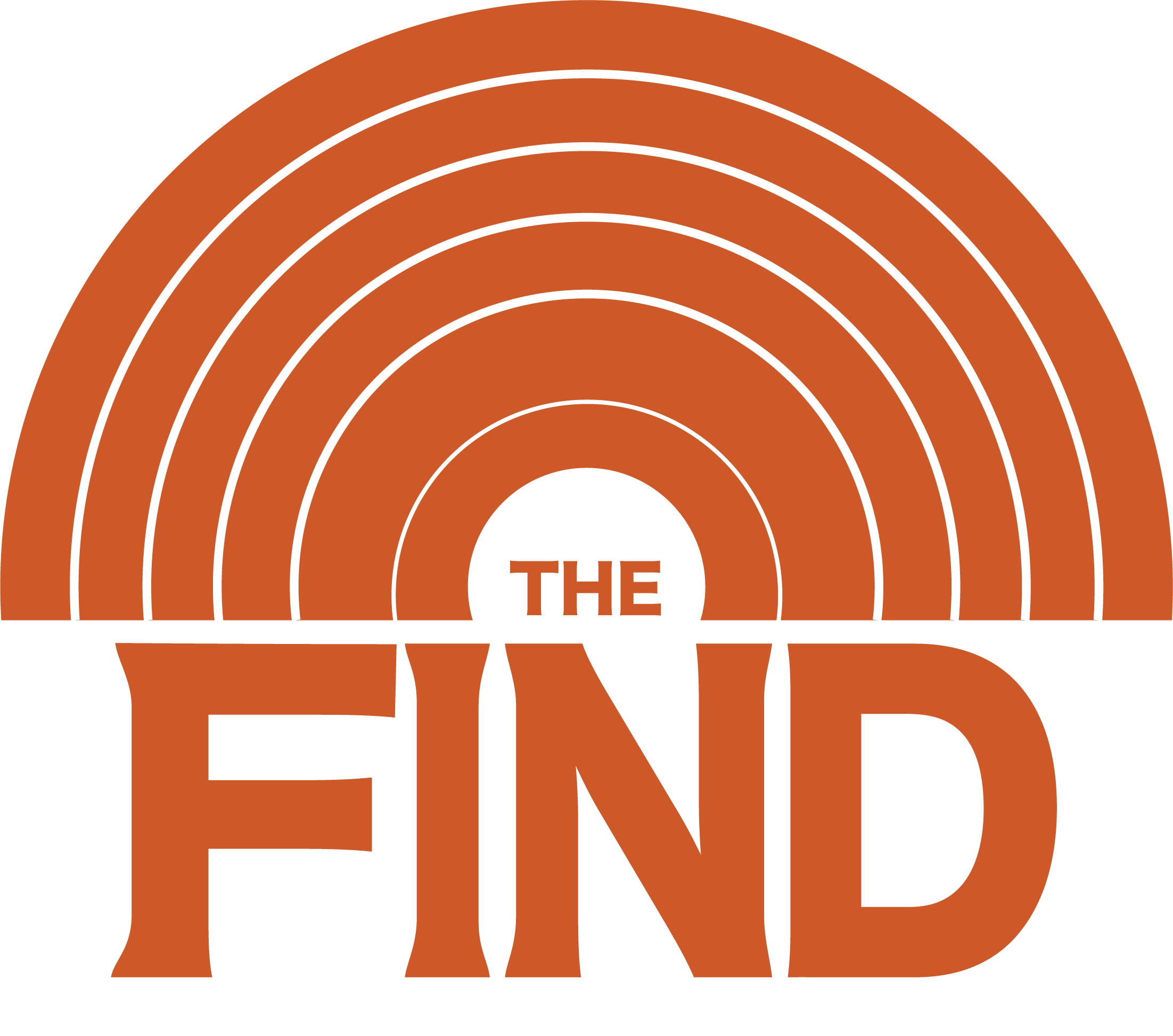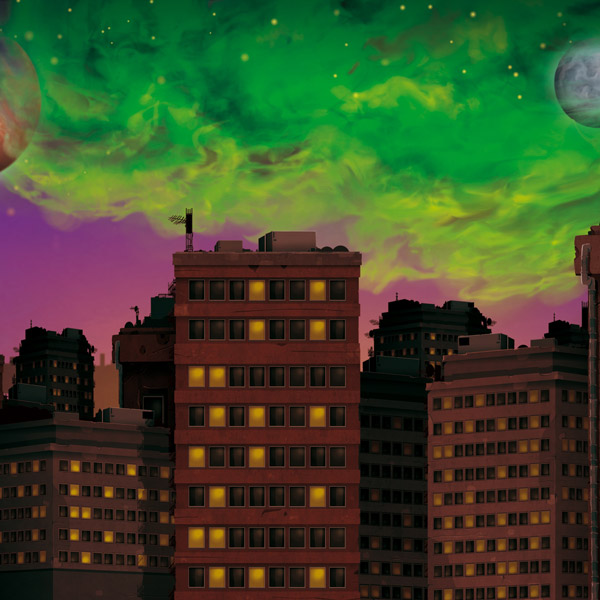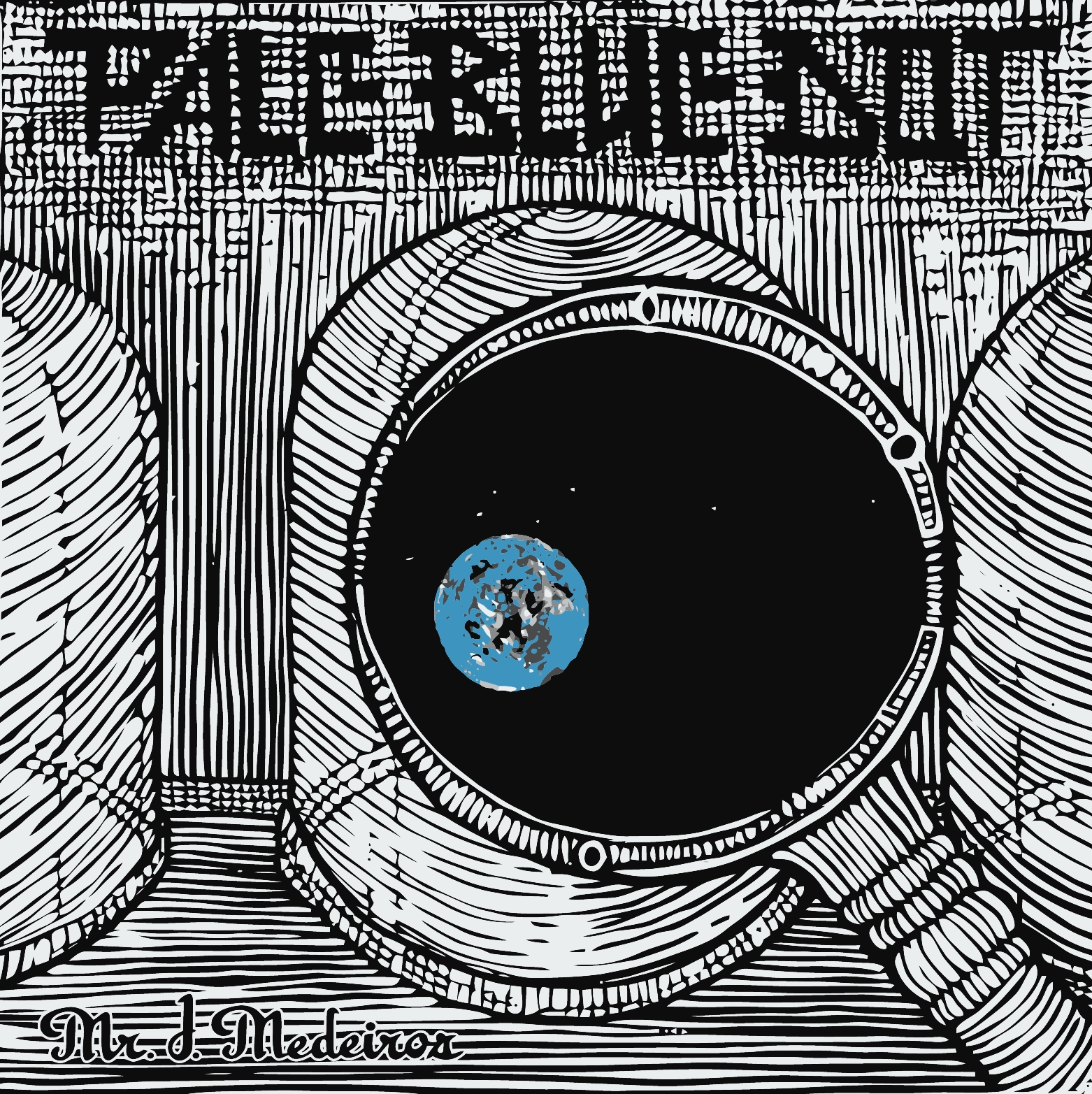Guest Mix & Interview: Medline
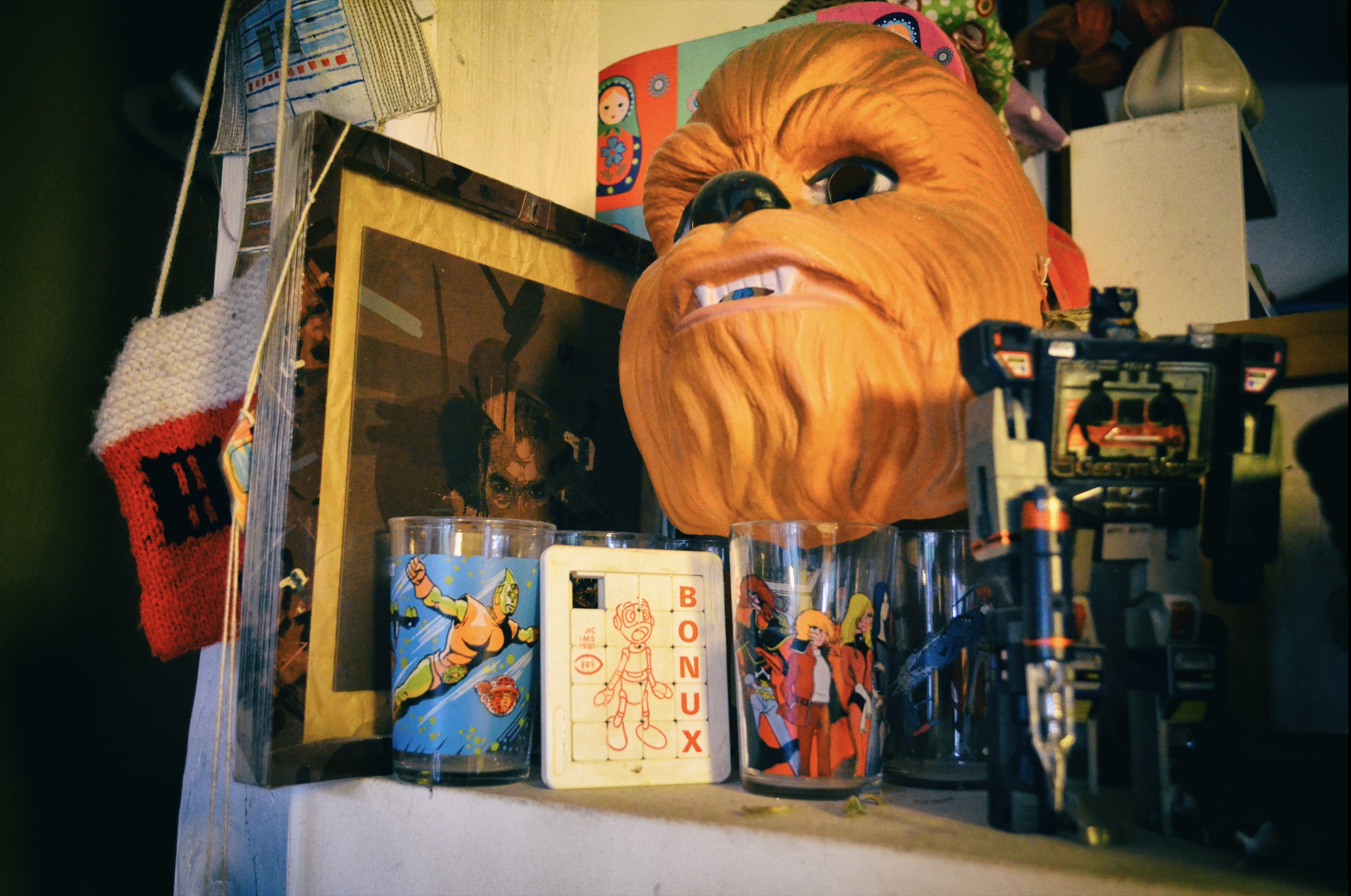
Hailing from Messac, France, producer Medline evolved into a self-made multi-instrumentalist and composer. His upcoming album Solstice is like a final exam: eight interpretations of diggers’ treasures and classics in 70s jazz-funk, soundtracks, and library music. Not by sampling, but by deciphering and recreating every single note as a one-man-band.
Covers on Solstice are based on the work of René Costy, Alain Goraguer, Cortex, Benito Simoncini (a.k.a. Arawak), John Cameron, Jay Richford & Gary Stevan, Lee Mason & His Orchestra, and the title track is based on a composition by Brian Bennett. All of the eight originals have been heavily sampled by the likes of Madlib, J Dilla, D.I.T.C, Kanye West, Mndsgn, Tall Black Guy, amongst many others. But that’s an approach Medline wants to stay far away from.
In Medline’s first-ever interview we talk about the courage to recreate such classics, his latest adventures in crate digging, discovering new sounds by deciphering music, and about his reluctance towards loop-based sampling and modern-day beatmaking.
And to top it off, press play to listen to his new At The Library mix for The Find. A 50-minute dive into library music:
What are your earliest memories of listening to music?
My father and uncle’s band, who played Latin music at many events–in schools, festivals… Raising funds for South American guerilla against imperialism. Live and organic music only. I also have a clear memory of my father listening to records. He always used to play them loud in the living room. When I was maybe 8 years old I heard the music of Roland Kirk, Nusrat Fateh Ali Khan… This kind of music had a strong physical and spiritual effect on me, it felt like a trance or hypnosis.
So you come from a musical family?
All my uncles were playing multiple instruments. Many members of my family are musicians at different levels. So I think we have this in our DNA. That led me to learning to play the flute, guitar, keys, bass, and percussion, all as an autodidact. And my parents taught me to have no limits to my imagination. I think working without any boundaries is the result of those lessons; I’ve always been focused on developing my own style and sound. Solstice is a direct outcome of that.
“When you sample, you steal the work of all musicians that recorded the music: the sound of the studio, the mixing of the engineer, the mastering… It’s easy to be satisfied with something you didn’t do yourself. But it’s also a huge lie to yourself and your listeners.”
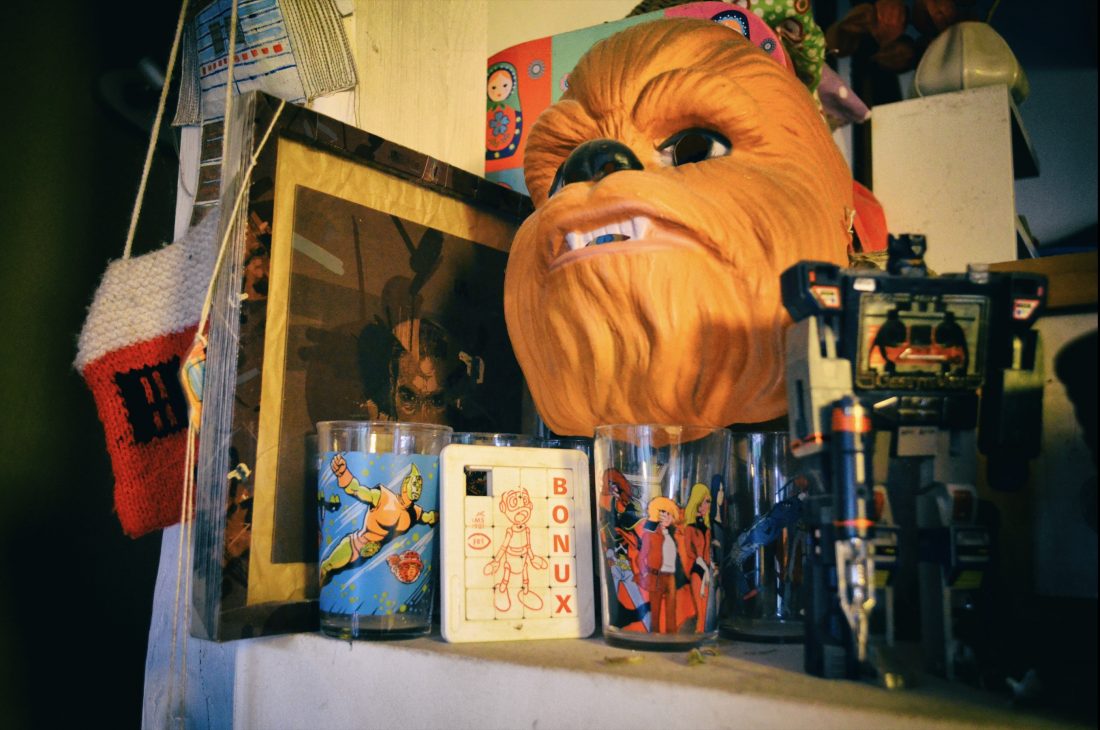 Instead of sampling, you went for a completely different approach on Solstice: recreating all tracks. What led you to this decision? Many producers probably find it a hot potato to even dare to touch these treasures…
Instead of sampling, you went for a completely different approach on Solstice: recreating all tracks. What led you to this decision? Many producers probably find it a hot potato to even dare to touch these treasures…
First and foremost, it’s a moral decision. As an artist, I can’t stand it to take a piece of art from someone else to make it my own. Like many beatmakers do by sampling an entire loop – sometimes chop it – and then put their name on it as the producer…
It’s not the same work to play the entire music from scratch. When you sample, you steal the work of all musicians that recorded the music: the sound of the studio, the mixing of the engineer, and mastering and the sound of the vinyl made by the plant… It’s easy to take a finished job and to be satisfied with something you didn’t do yourself. But it’s also a huge lie to yourself and your listeners.
As a musician and producer, my work is to play music–not to assemble samples. Sampling is just a technical job using machines, not instruments. You have to work a lot to play melodies, understand harmonies, have your ears trained to read each part, play instruments, and to be able to reproduce it after all of that. So for me, sampling and playing music are two very different things. Opposed, even.
Playing the devil’s advocate here, but you’ve sampled music yourself before…
My objective has always been for listeners to not be able to recognize the source of the sample. That was one of my principles as a producer. Also, I only sampled notes, even for drums. That enabled to play my own rhythm patterns and to transform the texture, grain, tone and pitch of each note, which was the basis of my own sound.
Sampling can be an art, but you have to go beyond the machine and use it as an instrument to create your own sound and music, instead of being stuck in your sample’s sources. I can do both, but playing music is way more satisfying to my soul. It’s pure honesty and sincerity to you and the people that listen to your music. They listen to something I’ve created from ‘A’ to ‘Z’, instead of only taking ‘K’ and sampling that.
“Sampling can be an art, but you have to go beyond the machine and use it as an instrument to create your own sound and music.”
So then your thoughts on loop-based instrumental hip-hop of this day and age must be, well, not very positive… [laughs]
Today I see beatmaking –mainly in hip-hop– as industrial, easy-made music. Beatmaking evolves really slowly, still following the same 30-year-old recipe. Compare it to how jazz music evolved from the 50s to the 70s, or even how breakdancing evolved, for that matter. It’s a joke.
In fact, the majority of beatmakers these days are just copying parts of music on pads and play them in a different order, on a drum pattern, or just create a simple loop. It’s not a big thing to do. The main interesting thing of the music comes from the sample itself. It’s like making remixes: it’s more technical than musical. That’s why so many hip-hop fans end up searching for the source of the sample(s): there lays the real value.
So can we conclude you don’t listen to much hip-hop anymore? Or is there any new stuff you’re into?
Well, I indeed have to say I don’t really follow what happens these days. But I like what comes out of the UK from labels like High Focus or King Underground. They are going a step further. Maybe it’s their indie touch of authenticity that appeals to me like it’s hip-hop from New York in the 90s. That’s what I miss these days. With that being said, the UK is a creative musical garden, inventing so many styles. I’m just bored of J Dilla clones that seem like Coltrane clones during the free jazz era…
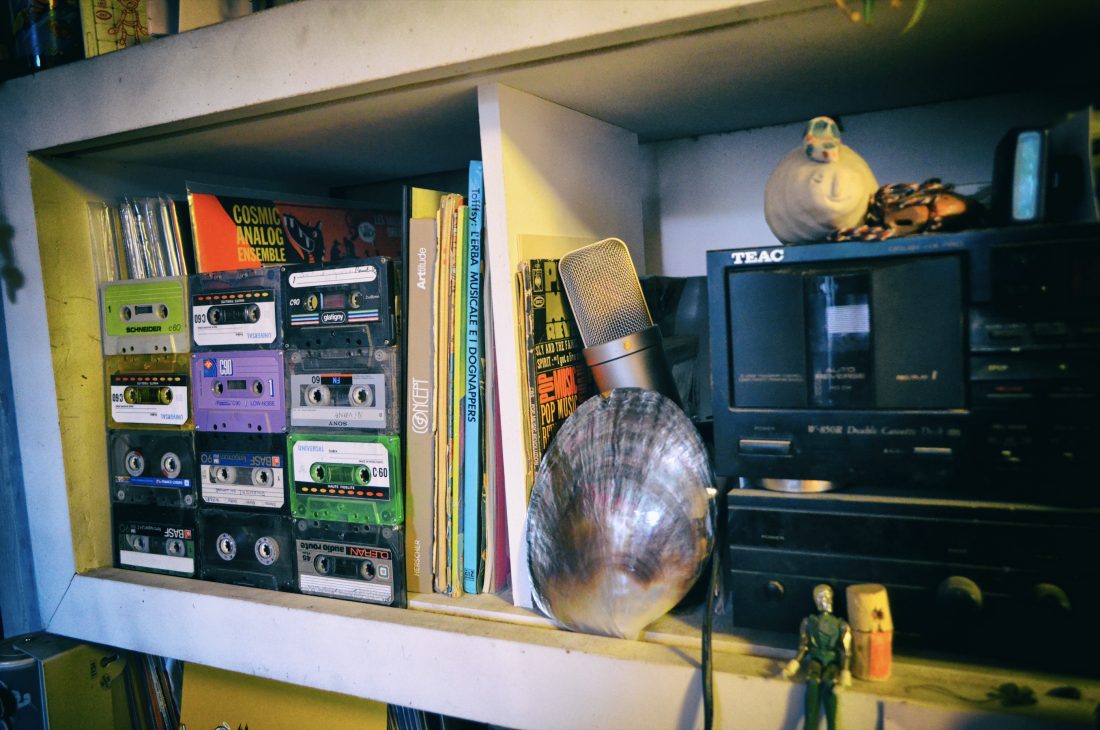 Alright, let’s go back to the OG’s. What were the biggest challenges for you to recreate the classic material?
Alright, let’s go back to the OG’s. What were the biggest challenges for you to recreate the classic material?
The most difficult part is maybe to get a good swing in the drum and bass. To make it groove enough. Also, the chorus parts are always a big challenge. These parts are generally played by the best musicians taking the main place in songs. I had to make several takes to get to good choruses.
Proper mixing was also a real challenge. Such as the title track: the hi-hat and shaker in the second part are done with a stereo panning, a combination of two sounds I had to capture in my music. I’ve tried to add a lot of musical elements very far in the mix to create depth. That’s something you can clearly hear in “Scrabble”: so many instruments are placed in the back of the mix and in only a few parts of the song. And there’s a rhythmic guitar on the right as well as on the left. I want listeners to have a different auditory experience each time they listen to Solstice.
So how in the world do you try to match up to that, all by yourself?
For example, in “Scrabble”, René Costy plays the violin in the chorus. That’s truly a masterpiece. Of course, I’m not able to play at this level. So I used something I’m good at to replace it. That created a melody, a gimmick, and arrangements to fill up this long chorus part. The result is different, but it was an excellent solution.
Choirs of instruments are also difficult to play. Think of strings or a brass section; it’s not easy to get to the same energy of ten musicians. As a one-man-band, I have to be creative and replace them with something else. I mainly use virtual instruments that sound natural, recording many layers, and playing them each time to have a human feeling to it rather than a copy-paste approach.
It’s a big a challenge to cover songs like “La Planète Sauvage” and “Accadde A Bali”. Trying to make my versions sound as tight as theirs is a way to learn and evolve as an artist. You’ll not grow in the same way by sampling music. You gain technical skills maybe, but not virtuosity. And I’m searching for real ascension.
“Deciphering music makes me feel like standing next to the musician in the studio. There are so many sounds from the studio to be discovered in music.”
Is there anything you discovered about the music while deciphering the tracks?
Yes, you learn a lot by focusing on a specific instrument. I frequently discover a part of music my brain left aside while just listening to music. Usually, you follow what the mix is made for–the lead melody. But when you are deciphering the music, you can catch all kinds of events: from studio sounds to sounds of the musicians, such as breath or a voice captured by the instrument’s microphone. Or a musician having a problem during the chorus, which changes his sound a bit. Or when a musician hits the cable of the microphone… Stuff like that.
The same goes for a lot of music. Like Miles Davis during the recording of “Ascenseur pour l’Echafaud“, when his lips are dry on his trumpet mouthpiece which changes the sound a bit. And in “Chanson d’Un Jour D’hiver” by Cortex you can also discover a lot of sounds, such as the singer humming and noise from the instruments in the studio. For example, during a piano part you hear a drumstick hit the cymbal once. Deciphering music makes me feel like standing next to the musician in the studio.
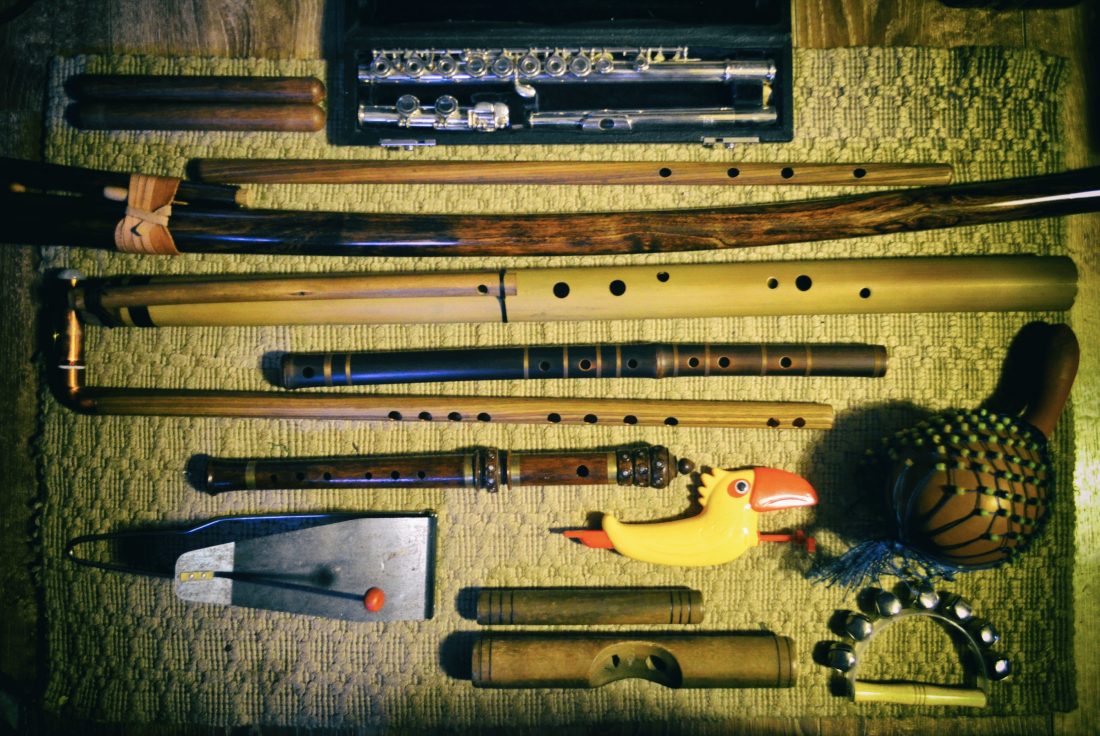 All of the original records on Solstice are extremely rare to find. Do you own any of them yourself?
All of the original records on Solstice are extremely rare to find. Do you own any of them yourself?
None of them! It’s not so important for me to have expensive records on my shelves. I’m more into discovering €1 gems at flea markets. And I’m also good at it.
Proof or it didn’t happen!
For example, a while ago I found an excellent 7” copy of the soundtrack “Le Mariage Collectif” with “Sexopolis” from Jean Pierre Mirouze. And it cost me €2…
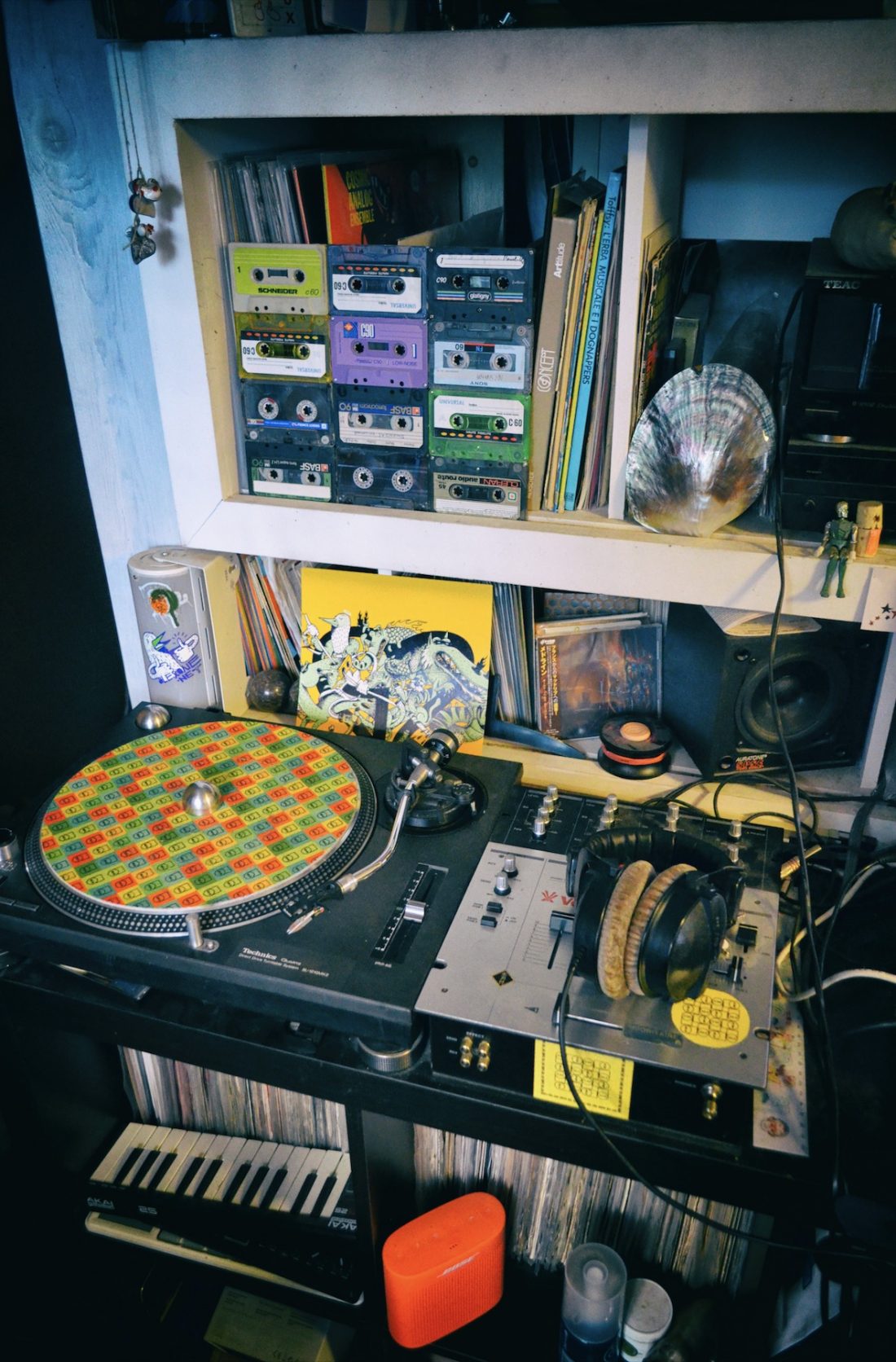 So how does your record collection look like by now?
So how does your record collection look like by now?
I have Ikea shelves to keep them safe. I have around a thousand 12″s and five hundred 7″s. I have a place for hip-hop from the 90s to 2000s, the second place is for jazz and funk, another place for Latin funk, and one for only Cuban records. Under that place, I keep soundtracks and library music records. I also keep all oriental, Asian, and traditional music together. And the last space is for Brazilian music, Latin folk music, salsa, Cumbia…
I also have many, many, MANY records in my basement. Ones I bought but don’t want to keep. They are in bags, ready to be sold at flea markets or on Discogs.
And I have a bunch of Japanese 45s, Cha Cha Cha and mambo 45s also, as well as some French hip-hop 7″s from the 80s… I keep the 45s I use in DJ sets in a postal case. They mainly come from crate digging sessions. €1 records but all are dancefloor killers…
I also collected a lot of cassettes. Mainly 90s hip-hop like The Nonce’s first album, The Artifacts, Souls of Mischief, Kurious, Real Live, Das EFX… the tapes I used to listen to when I was 15.
So what’s next for your collection; hunting for the original music you recreated for Solstice?
I wish I could get some of the original albums from which I took songs to cover. Like Arawak, Stefano Torossi, René Costy… But I think I will go for the reissues and keep the money to travel with my family! [laughs]
Let’s end the conversation with some ‘gear speak’ for all fellow producers and musicians reading this interview. How does your studio look like?
My setup is pretty simple: a laptop with an Intel i7 processor to have enough power to manage mutlitrack recordings and mixing. And a good RME soundcard to get proper sound recordings. A RØDE NTK microphone to record instruments and voices. A pair of vintage Auratone to mix. As instruments, I use a little Akai LPK 25 midi-keyboard, many kind of flutes, electric guitar, violin, and percussion as live instruments. Plus I use multiple quality virtual instruments. But my future project will use less digital instruments; more real ones.
